Vitamina D di ottima qualità. Consiglio questo prodotto.
Collection: Vitamin D3 K2 20000 IU 90 capsules
-
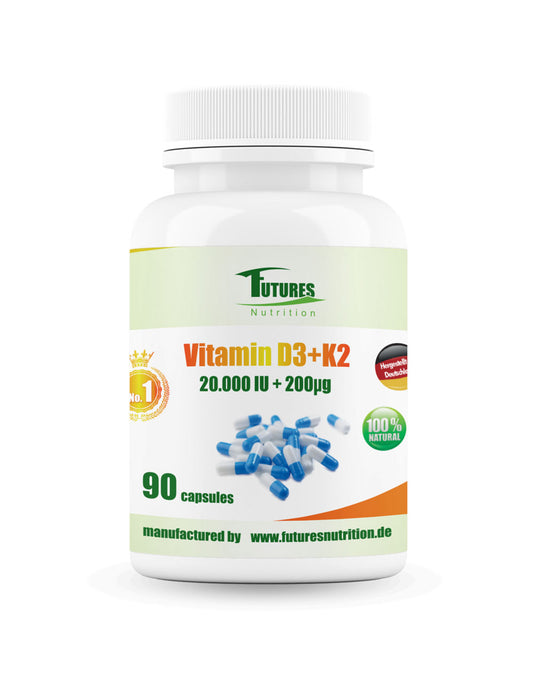
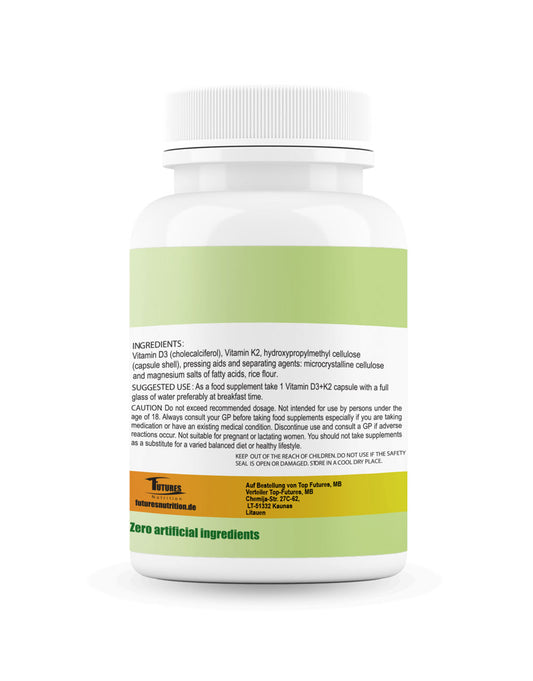 Sold out
Sold outVitamin D3 + K2 20000i.e
Regular price €12,09Regular priceUnit price / per€0,00Sale price €12,09Sold out -
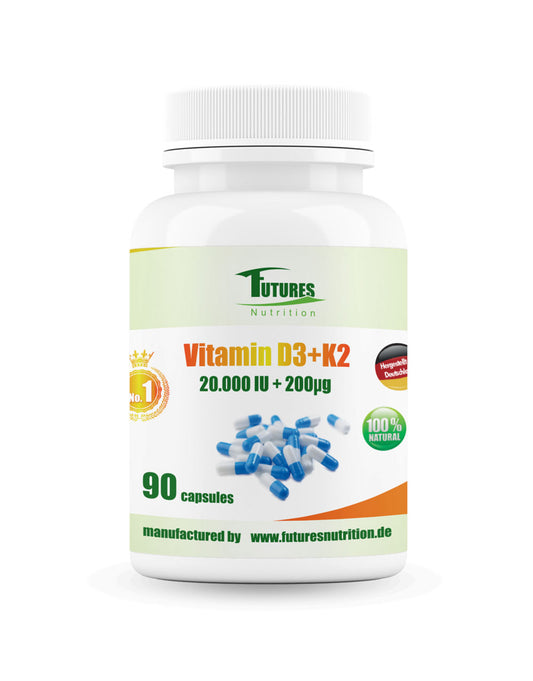
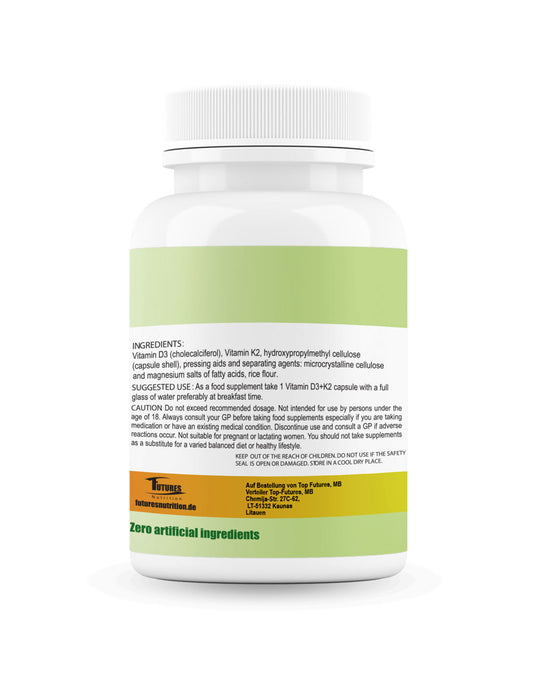 Sold out
Sold out2 x Vitamin D3 + K2 20000i.e
Regular price €15,39Regular priceUnit price / per€13,99Sale price €15,39Sold out -
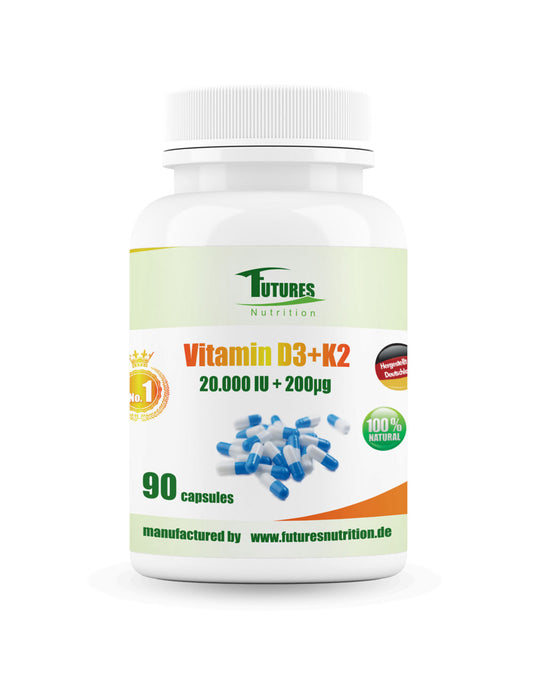
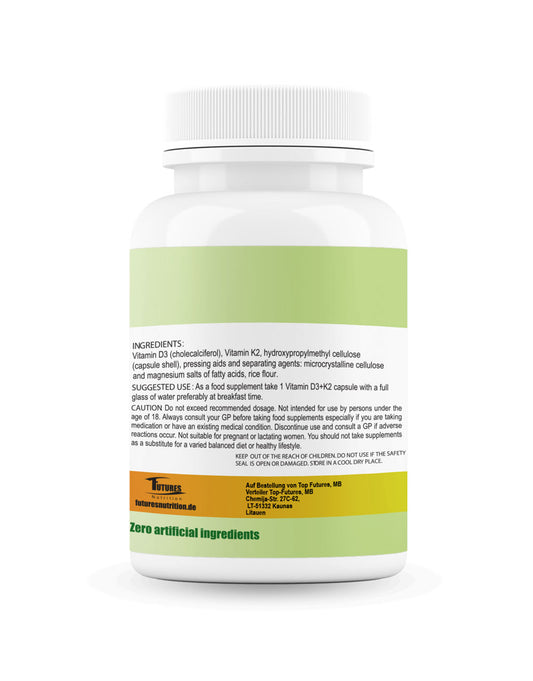 Sold out
Sold out3 x Vitamin D3 + K2 20000i.e
Regular price €21,99Regular priceUnit price / per€19,99Sale price €21,99Sold out -
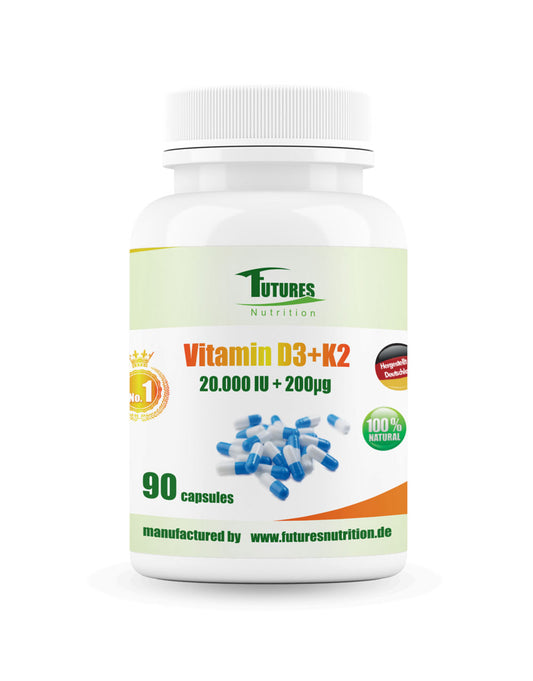
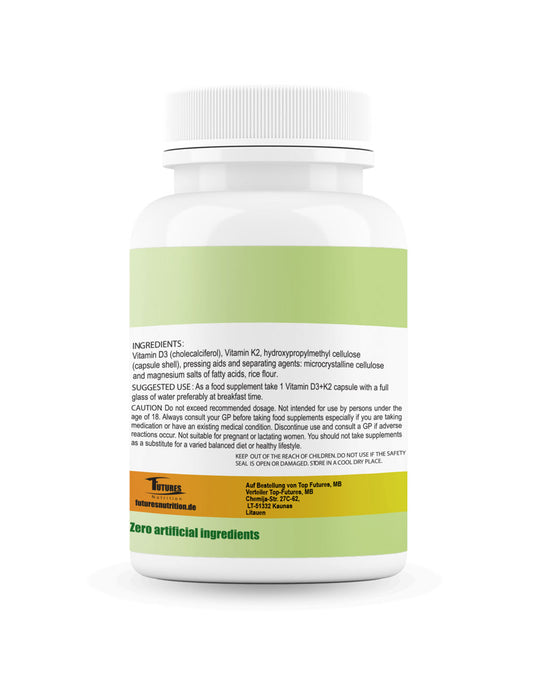 Sold out
Sold out5 x Vitamin D3 + K2 20000i.e
Regular price €35,19Regular priceUnit price / per€31,99Sale price €35,19Sold out -
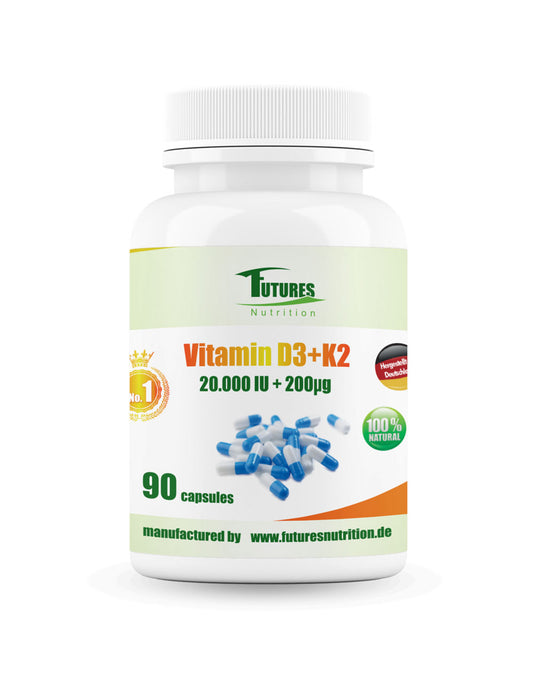
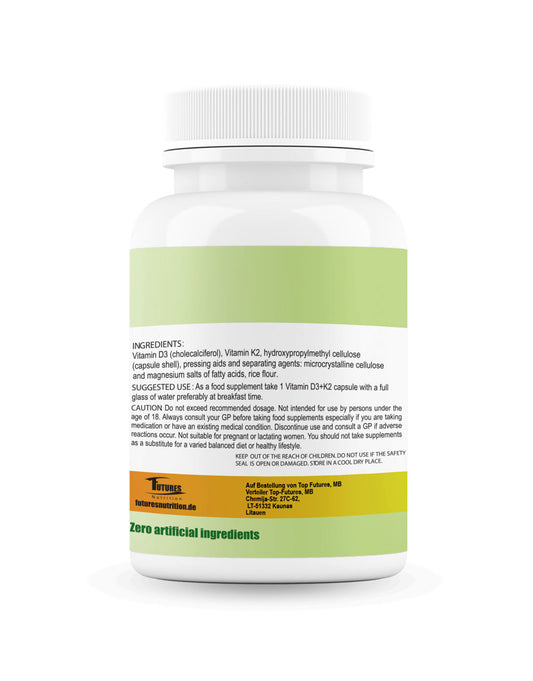 Sold out
Sold out10 x Vitamin D3 + K2 20000i.e
Regular price €66,54Regular priceUnit price / per€60,49Sale price €66,54Sold out -
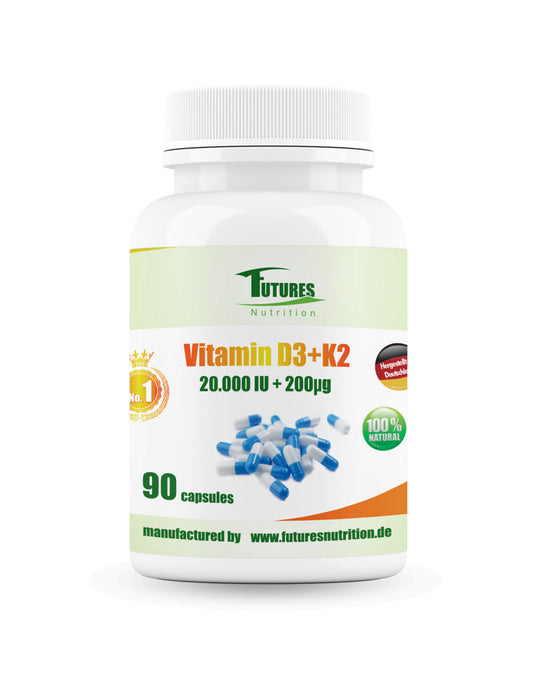
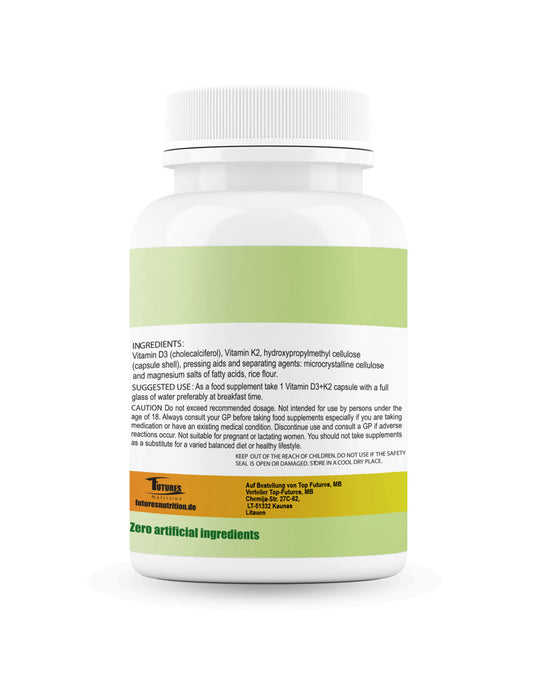 Sold out
Sold out50 x Vitamin D3 + K2 20000i.e
Regular price €278,28Regular priceUnit price / per€252,98Sale price €278,28Sold out -
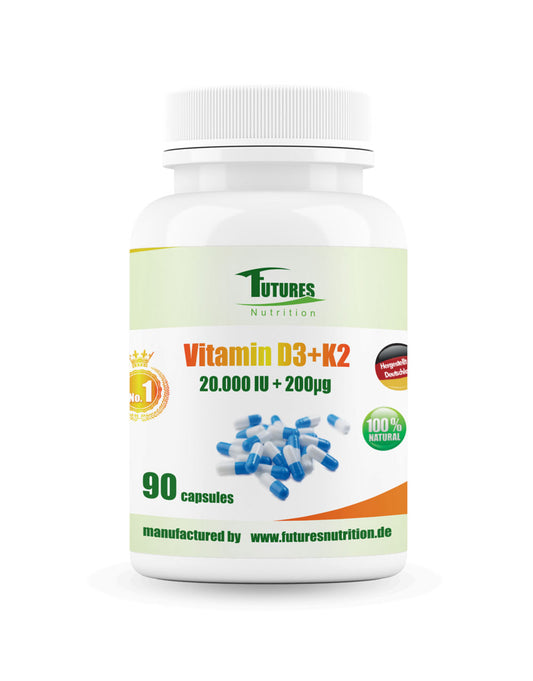
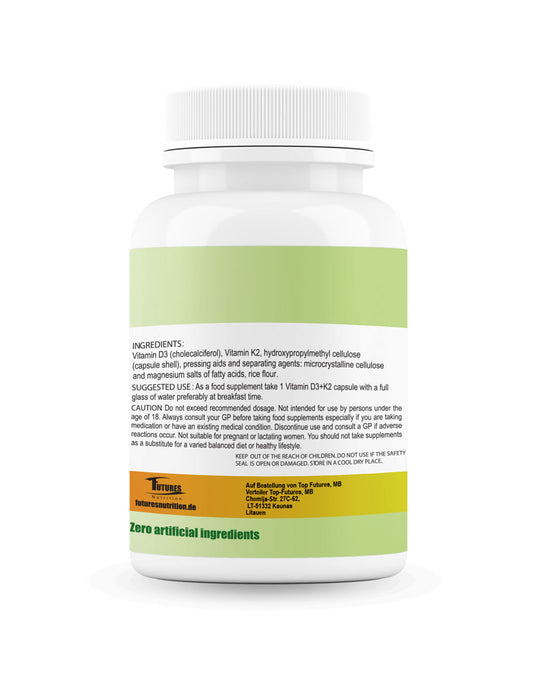 Sold out
Sold out100 x Vitamin D3 + K2 20000i.e
Regular price €508,19Regular priceUnit price / per€461,99Sale price €508,19Sold out















